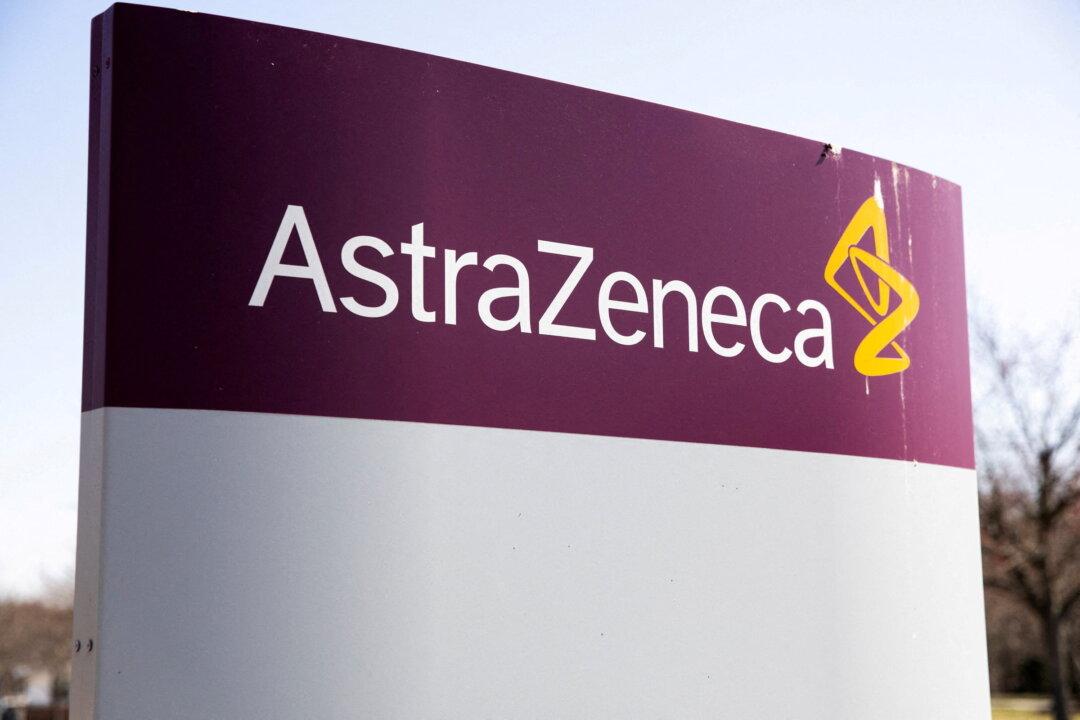AstraZeneca will buy a Chinese biopharmaceutical company for up to $1.2 billion to expand its cell therapies pipelines, the Anglo-Swedish pharmaceutical company announced on Tuesday.
It has entered into a definitive agreement to acquire Gracell Biotechnologies Inc. for $2 per ordinary share plus a non-tradable contingent value right of $0.3 per ordinary share.





